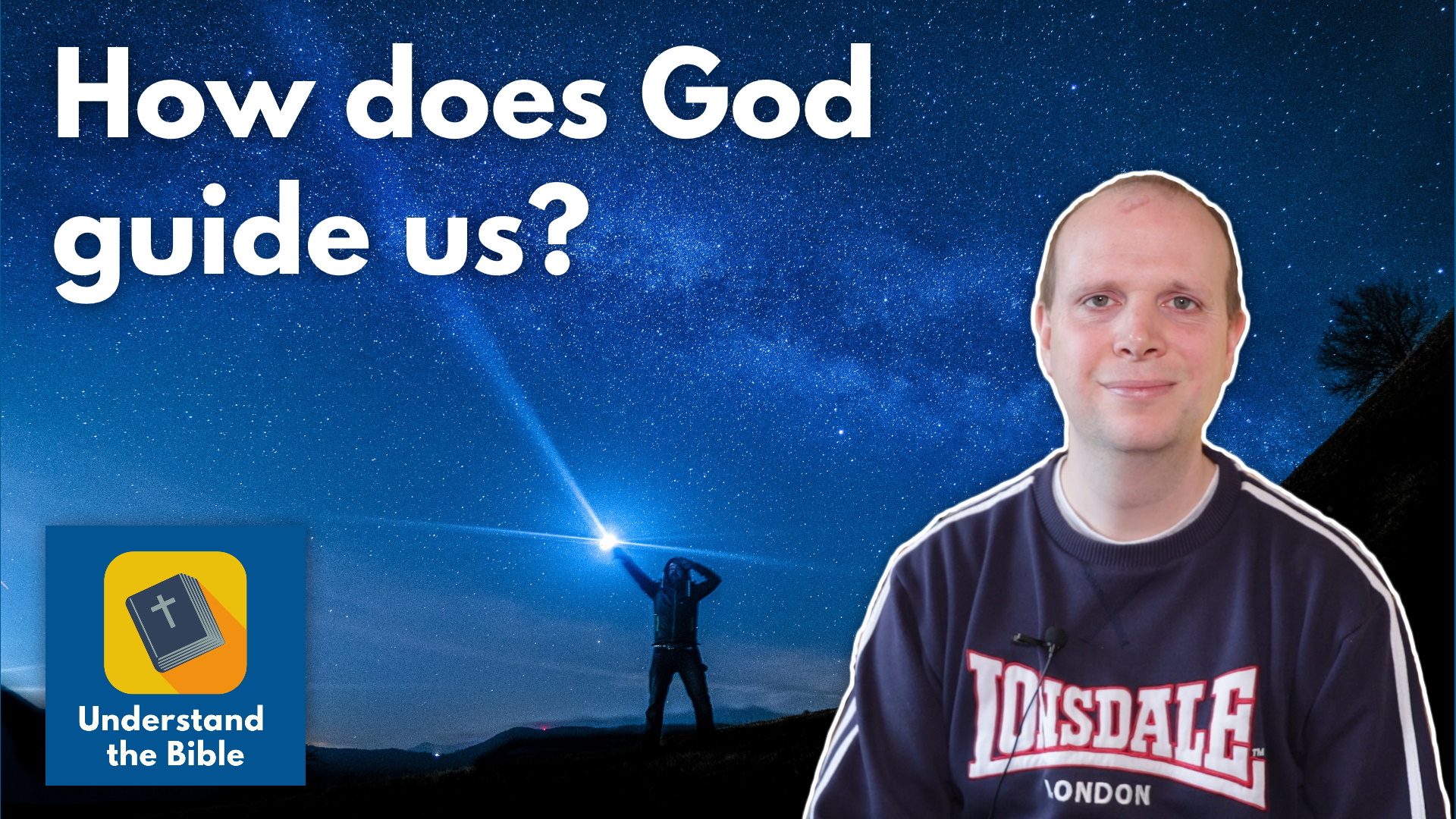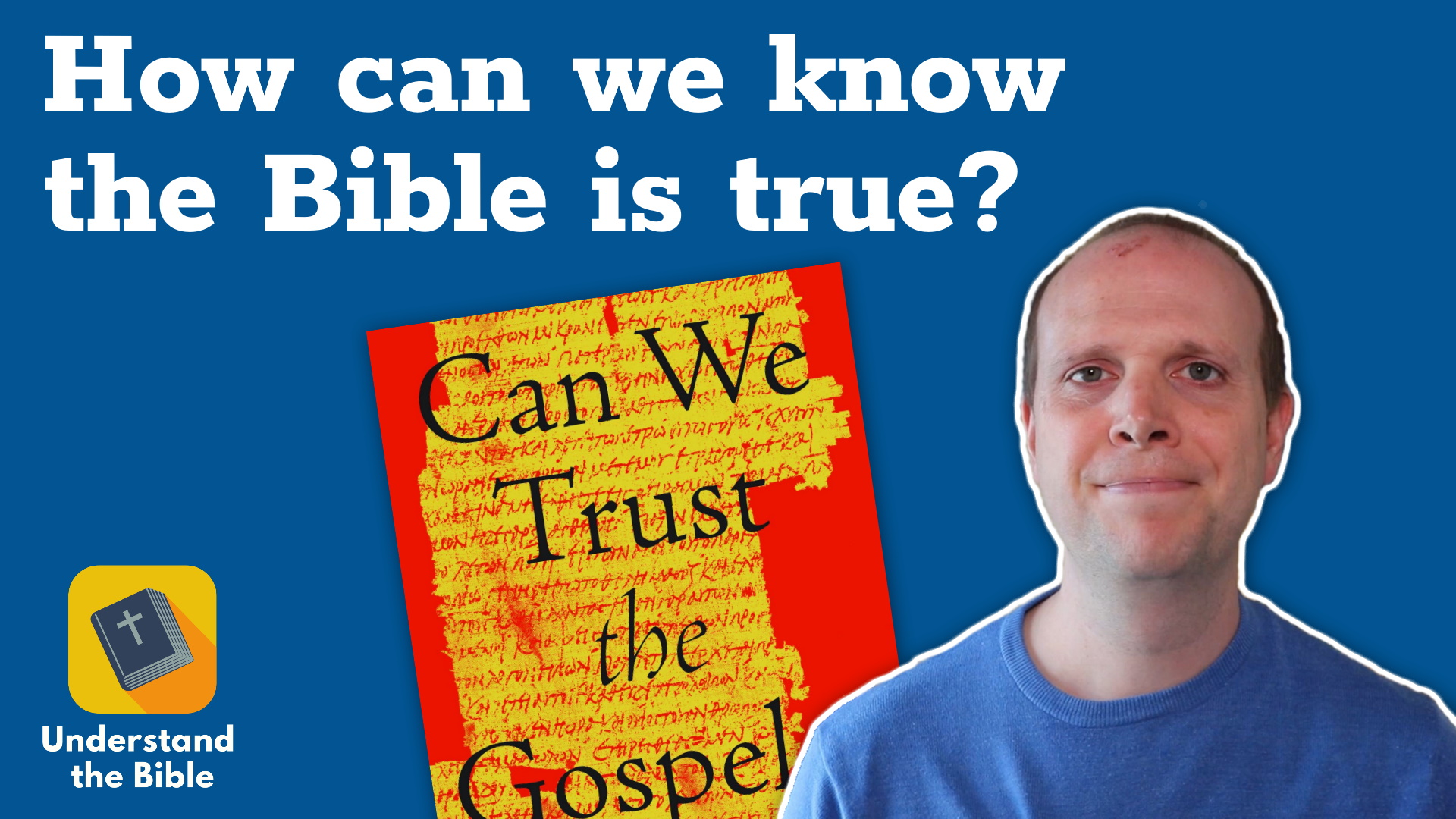A lot of people think the only way to pray properly is for everything to be spontaneous. But I think there are good reasons to use services and prayers which are written, as well as spontaneous prayers. Here are four reasons why it’s important to use liturgy.
The key points
- We all use liturgy, whether it’s written down or not. If the liturgy we use is written down, we can judge it against the Bible.
- God often repeats things – it’s how we learn. Things often go in deeper when we repeat them – especially when we’re young. (I didn’t mention it in the video, but you might like the book You are what you love by James K.A. Smith)
- Good liturgy teaches us to worship God. Good liturgy doesn’t just help us to worship God in that moment, but it teaches us to worship God day-by-day. It shapes our whole attitude to God.
- The most important thing is our hearts. It’s possible to read the words from a page like you’re reading the newspaper – but that doesn’t have to be the case. Whether words are written or whether they are spontaneous, they can and should come from the heart.
Explore further
Part two of the How to live a Christian course is about prayer.
Part three of the Heidelberg Catechism course goes through the Lord’s Prayer – starting with session 45 on prayer.
Your questions answered
This is the fourth video for the Your questions answered feature. See the rest of the series on that page.
If you have a question about Christianity or the Bible, please send them in or comment below.





